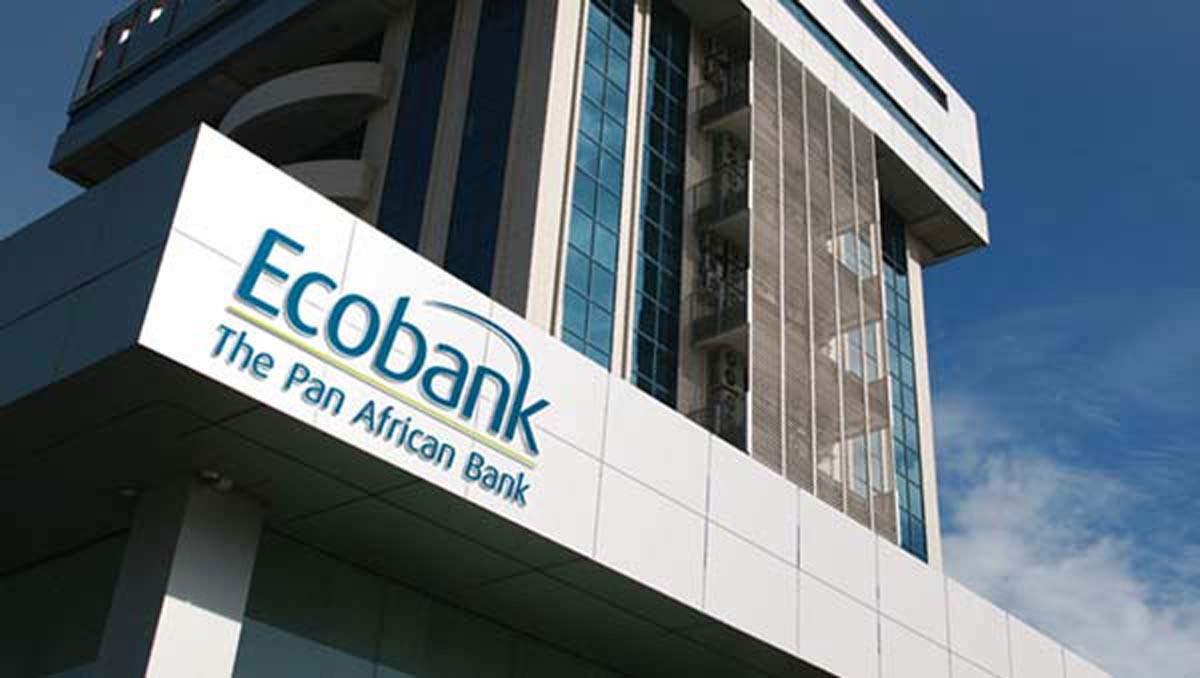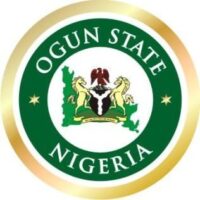From Uche Usim
Global credit ratings agency Fitch Ratings has downgraded Ecobank Nigeria’s Viability Rating (VR) to ‘f’ from ‘ccc’, citing a severe capital shortfall at the bank.
A viability rating reflects a financial institution’s intrinsic creditworthiness, including its capacity to absorb shocks without extraordinary external support.
According to a rating action commentary released recently, Fitch said the downgrade to ‘f’ “reflects its view that the bank has suffered a material capital shortfall, with its total capital adequacy ratio (CAR) being in breach of the 10% regulatory requirement since 2024 despite extensive regulatory forbearance.”
The agency further noted: “Fitch believes ENG will need to strengthen capitalisation through extraordinary capital support or will need to continue operating with regulatory forbearance regarding its material capital shortfall due to its weak profitability and extremely high credit concentrations and problem loans.”
Despite the downgrade in VR, Fitch affirmed Ecobank Nigeria’s Long-Term Issuer Default Rating (IDR) at ‘CCC’, a rating that denotes substantial credit risk and a heightened vulnerability to default.
The action follows similar moves by other agencies. In June, S&P Global Ratings lowered the bank’s long-term IDR to ‘CCC-’ from ‘CCC’, warning that Ecobank Nigeria must improve its capital buffers. “If the bank receives the capital injection from its parent within the next couple of months, we anticipate that it will no longer be in breach of the minimum CAR,” S&P said at the time.
S&P’s statement followed plans by Ecobank Transnational Incorporated (ETI), the bank’s parent company, to raise capital. On July 9, ETI announced the launch of $250 million in Additional Tier 1 (AT1) qualifying instruments through a private placement of contingent convertible notes.
Fitch also downgraded Ecobank Nigeria’s Shareholder Support Rating (SSR) to ‘no support’ from ‘f’, reflecting a lower likelihood of extraordinary intervention from shareholders in a distress scenario.
The agency explained that its decision to maintain the bank’s long-term IDR despite the downgrades “indicates Fitch’s view that default risk has not materially increased.” However, it warned that “default remains a real possibility, considering the significant capital shortfall and the risk of deposit withdrawals given the bank’s modest foreign-currency liquidity.”
Fitch added: “However, despite these risks, Fitch believes the bank has sufficient liquidity to continue servicing its obligations, including the remaining USD150 million Eurobond payment due in February 2026.”


















Leave a comment